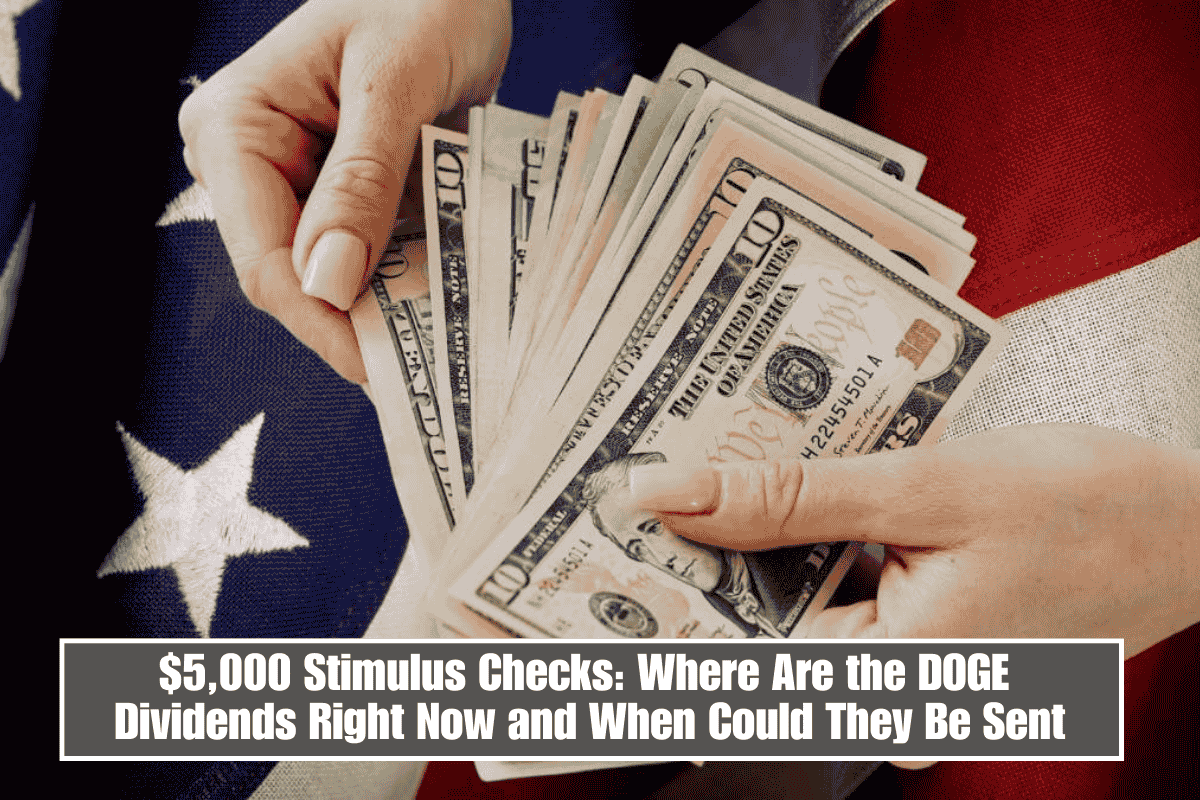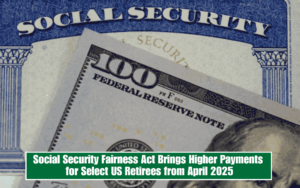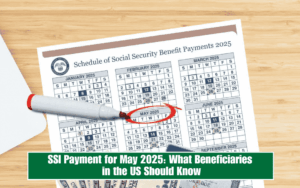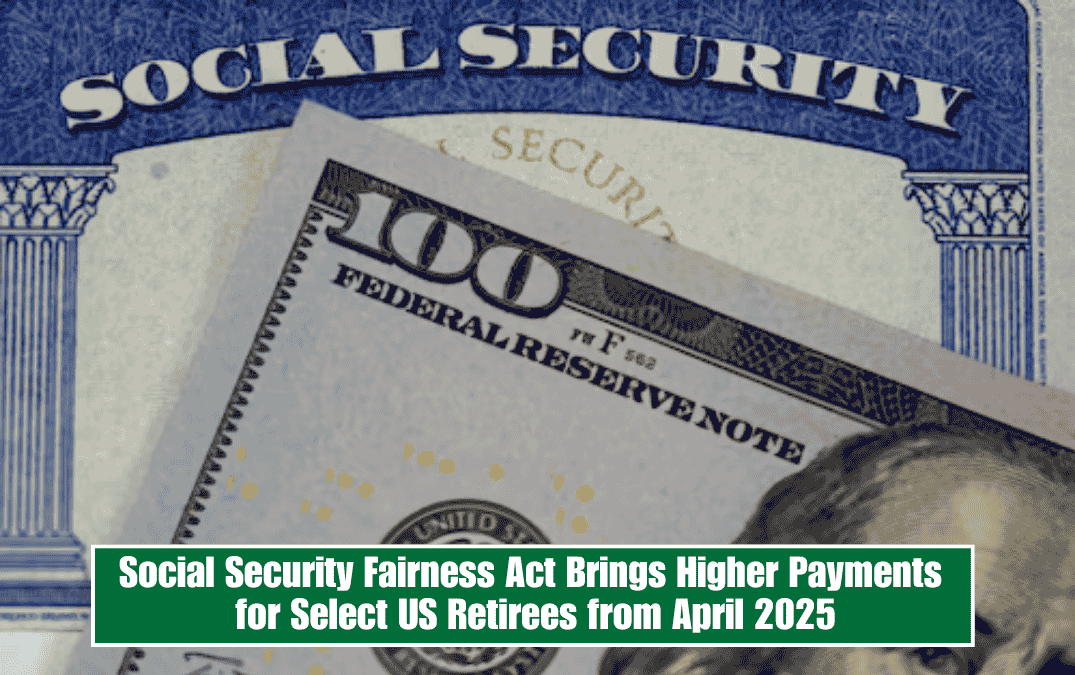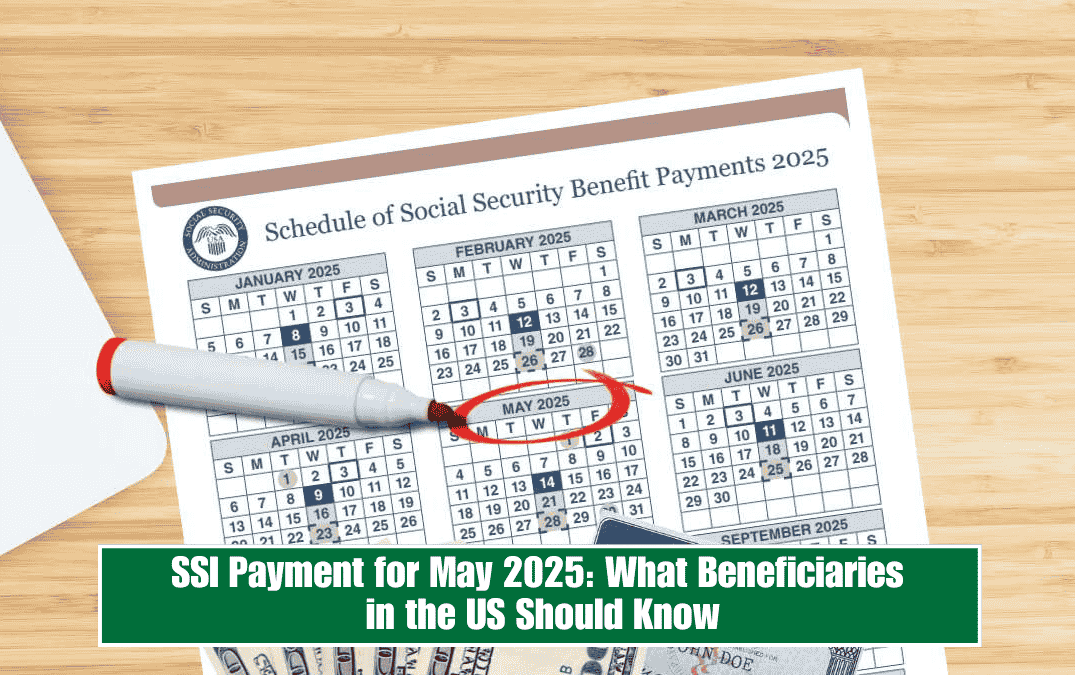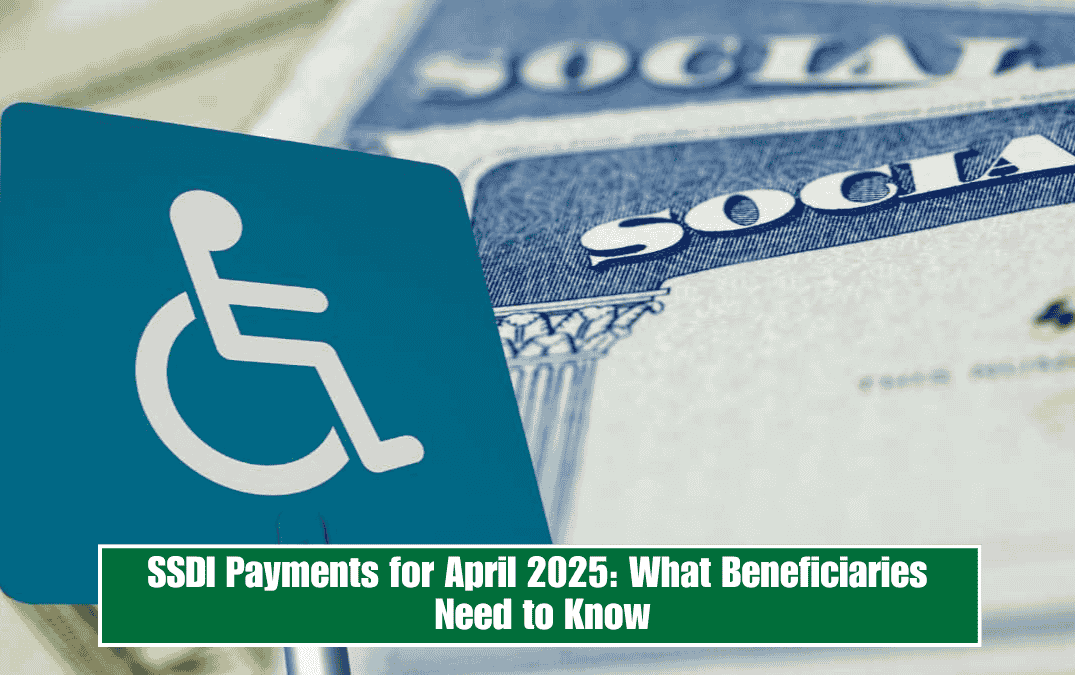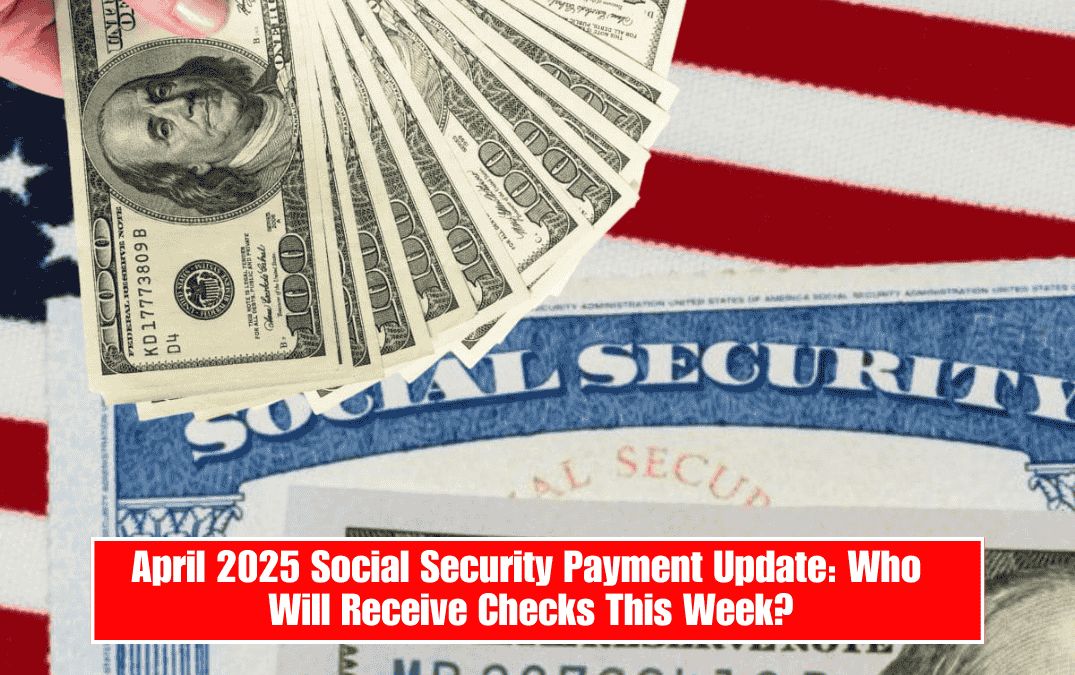Following Elon Musk’s comments at a Wisconsin rally, speculation about a possible DOGE dividend check for US taxpayers has resurfaced.
The debate began days ago when a businessman proposed to Musk and Donald Trump that if the federal government’s new cutback policy worked and saved billions of dollars, the money should be distributed as stimulus checks to American taxpayers.
The federal government’s “super-secretary” stated that the decision to distribute a $5,000 rebate is up to the president and Congress, with savings identified by the Department of Government Efficiency (DOGE).
Musk emphasized that reducing inefficient government spending would reduce inflationary pressure: “As government spending becomes more efficient and expenditures are reduced, the inflation tax is reduced.”
Are new stimulus checks coming? A little more about DOGE dividends
In February, Donald Trump proposed the DOGE dividend, which aims to return federal savings to taxpayers. Azoria CEO James Fishback proposed on the X network that 20% of the cuts identified by DOGE be used to provide a direct refund. Musk then replied, “I’ll check with the president.”
In an interview with FOX News, Musk stated that DOGE has identified $130 billion in savings, which equates to $800 per taxpayer. Fishback, for his part, told NewsNation that progress is being made on a bill to implement the initiative: “Identifying waste is not enough. “The money must be returned. Lawmakers described the discussions as “very productive.”
These would not be stimulus checks in their most well-known form, such as those that were so beneficial during the coronavirus pandemic, dubbed the “COVID check”: the DOGE dividend would be supported by spending cuts.
Who would qualify to receive DOGE dividends?
Fishback emphasized that it would only benefit net taxpayers—households that pay more taxes than they receive—while excluding those who do not pay federal taxes. According to him, prioritizing savings over immediate consumption would reduce inflationary pressures.
According to the Pew Research Center, 40% of Americans with adjusted gross incomes below $40,000 do not pay federal taxes, limiting the scope of the benefit. In addition, checks would be issued to each household, including Social Security recipients who meet tax requirements.
In other words, four out of every ten American households would not be eligible to receive these stimulus checks. Despite the initial enthusiasm, questions remain about who will receive the refund.
Fishback insists that only net tax households would be eligible, but no exact thresholds have been set. It’s also unclear whether the amount will be fixed or proportional to annual DOGE savings.
The original idea is $5,000 in a single payment for eligible households, but, as previously stated, it is unclear how much we are actually talking about.
Musk avoided specifying deadlines, but did mention that “there is an enormous amount of work to do.” Analysts warn that without concrete legislative action, the proposal may remain an electoral promise.
